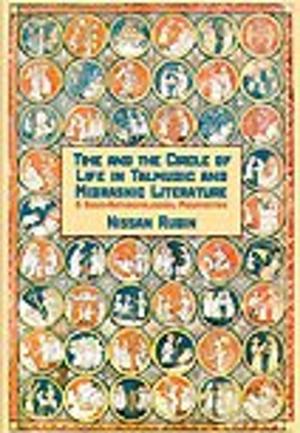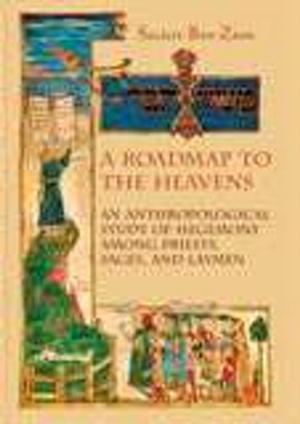Theological and Philosophical Premises of Judaism
Nonfiction, Social & Cultural Studies, Social Science| Author: | Jacob Neusner | ISBN: | 9781618111012 |
| Publisher: | Academic Studies Press | Publication: | May 1, 2008 |
| Imprint: | Academic Studies Press | Language: | English |
| Author: | Jacob Neusner |
| ISBN: | 9781618111012 |
| Publisher: | Academic Studies Press |
| Publication: | May 1, 2008 |
| Imprint: | Academic Studies Press |
| Language: | English |
Classical Judaism imagined the situation of the people of Israel to be unique among the nations of the earth in three aspects. The nations lived in unclean lands, contaminated by corpses and redolent of death. They themselves were destined to die without hope of renewed life after the grave. They were prisoners of secular time, subject to the movement and laws of history in its inexorable logic. Heaven did not pay attention to what they did and did not care about their conduct, so long as they observed the basic decencies mandated by the commandments that applied to the heirs of Noah, seven fundamental rules in all. That is not how Israel the holy people was conceived. The Israel contemplated by Rabbinic Judaism lived in sacred space and in enchanted time, all the while subject to the constant surveillance of an eye that sees all, an ear that hears all, and a sentient being that recalls all. Why the divine obsession with Israel? God yearned for Israels love and constantly contemplated its conduct. The world imagined by the Rabbis situated Israel in an enchanted kingdom, a never-never land, and conceived of God as omniscient and ubiquitous. Here Neusner shows that in its generative theology, Rabbinic Judaism in its formative age invoked the perpetual presence of God overseeing all that Israelites said and did. It conceived of Israel as transcending the movement of history and living in a perpetual present tense. Israel located itself in a Land like no other, and it organized its social order in a hierarchical structure ascending to the one God situated at the climax and head of all being.
Classical Judaism imagined the situation of the people of Israel to be unique among the nations of the earth in three aspects. The nations lived in unclean lands, contaminated by corpses and redolent of death. They themselves were destined to die without hope of renewed life after the grave. They were prisoners of secular time, subject to the movement and laws of history in its inexorable logic. Heaven did not pay attention to what they did and did not care about their conduct, so long as they observed the basic decencies mandated by the commandments that applied to the heirs of Noah, seven fundamental rules in all. That is not how Israel the holy people was conceived. The Israel contemplated by Rabbinic Judaism lived in sacred space and in enchanted time, all the while subject to the constant surveillance of an eye that sees all, an ear that hears all, and a sentient being that recalls all. Why the divine obsession with Israel? God yearned for Israels love and constantly contemplated its conduct. The world imagined by the Rabbis situated Israel in an enchanted kingdom, a never-never land, and conceived of God as omniscient and ubiquitous. Here Neusner shows that in its generative theology, Rabbinic Judaism in its formative age invoked the perpetual presence of God overseeing all that Israelites said and did. It conceived of Israel as transcending the movement of history and living in a perpetual present tense. Israel located itself in a Land like no other, and it organized its social order in a hierarchical structure ascending to the one God situated at the climax and head of all being.















